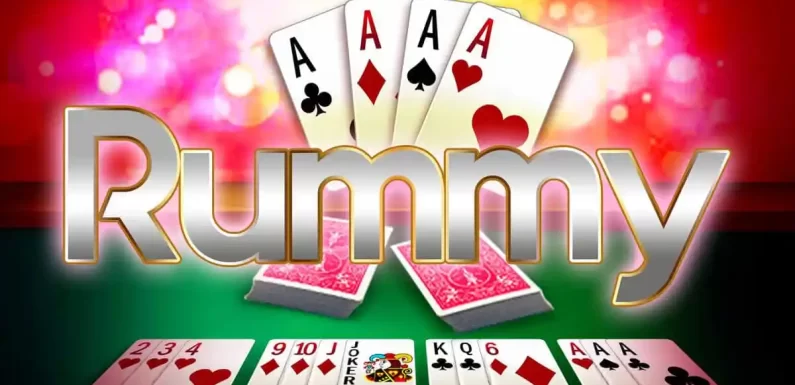
Rummy has proven its longevity among card games. This timeless classic requires skill and strategy for optimal gameplay; players need to form sets or runs of cards while keeping tabs on which cards have been discarded by rivals and which cards they still possess.
Game rules
Rummy is a card game in which players use three or four cards from different ranks but different suits to form sets or sequences of three or four cards of equal rank but different suits. Jokers may also be included. Care should be taken when declaring your set as invalid ones can lead to big losses.
The traditional 13-card rummy game has been around for two centuries. It likely evolved from Conquian or Khanhoo originating in Mexico or China respectively.
Variations
There are numerous variations of Rummy that utilize different rules and formats, including Gin Rummy, Rummy 500 and Shanghai Rummy. Each game offers its own specific set of points which players must collect to win the game.
A player wins a hand by organizing their cards into runs or sets with at least one remaining card left over for discard. If this can be accomplished without having to lay off or discard any cards, they are declared Rummy and their scores are calculated accordingly by other players.
Rules of bluffing
Each player at a cash Rummy table has his/her own distinct playing style and tendencies. Some may be tight and never drop, while others are risk-takers who take every hand, making them unpredictable – this makes bluffing against such opponents difficult.
Bluffing should be balanced with your overall strategy. To be effective at this art form, it’s essential that you understand both yourself and your opponents’ tendencies; for instance if an opponent frequently discards cards that can meld into sets or runs it may indicate they’re close to going out and would pay double what their score currently is.
Rules of sequencing
Rummy is a card game in which players attempt to arrange cards into sets or sequences in order to win. It typically uses two decks, although the rules for play may change depending on the number of players involved.
Declaring rummy requires at least one pure sequence in the hand; any invalid declaration without such sequence incurs a penalty of 80 points.
Classic Rummy involves each player receiving thirteen cards that they must assemble into valid sequences or sets in order to win.
Rules of laying down a run
Rummy is a card game in which players form melds and sequences to score points by laying down cards that match number sets or sequences. Any time someone discards all their cards at one turn, he or she receives an extra bonus that doubles their score!
A run refers to any sequence of three or four consecutive cards from one suit, while a set (also referred to as a book) comprises cards of equal rank from different suits.
Rules of laying down a set
Players must only place one meld per turn. Melds must consist of at least three cards and may include groups and runs; jokers may be used in any given meld but only one should be utilized at any one time.
Once a player manages to discard all their cards in their hand and place the last card back onto the stock pile, they have successfully completed a deal and achieved victory. Their opponents receive negative points for any cards still held by them while the victor receives positive points equaling that amount in minus points from those held by them as compensation.
Rules of laying down a sequence
Rummy rules stipulate that players must form sequences and meld sets to win the game of Rummy. A valid sequence should consist of pure cards without joker cards; additionally, all suits of cards within this sequence must match up perfectly in order to form it successfully.
The game board features four corner spaces without cards that serve as bonus spaces for both teams simultaneously; team one can place four chips horizontally or vertically from any of these corners while team 2 may do it diagonally.
Rules of laying down a meld
Cards in Rummy are typically played into groups or sequences of three to four of the same rank, known as “melds.” When all cards have been eliminated in one turn, that player wins. Furthermore, declaring Rummy doubles their points for that hand.
Beginning play involves drawing the top card from the stock pile and discarding one face-up card onto the discard pile for later melding into a group or sequence.

